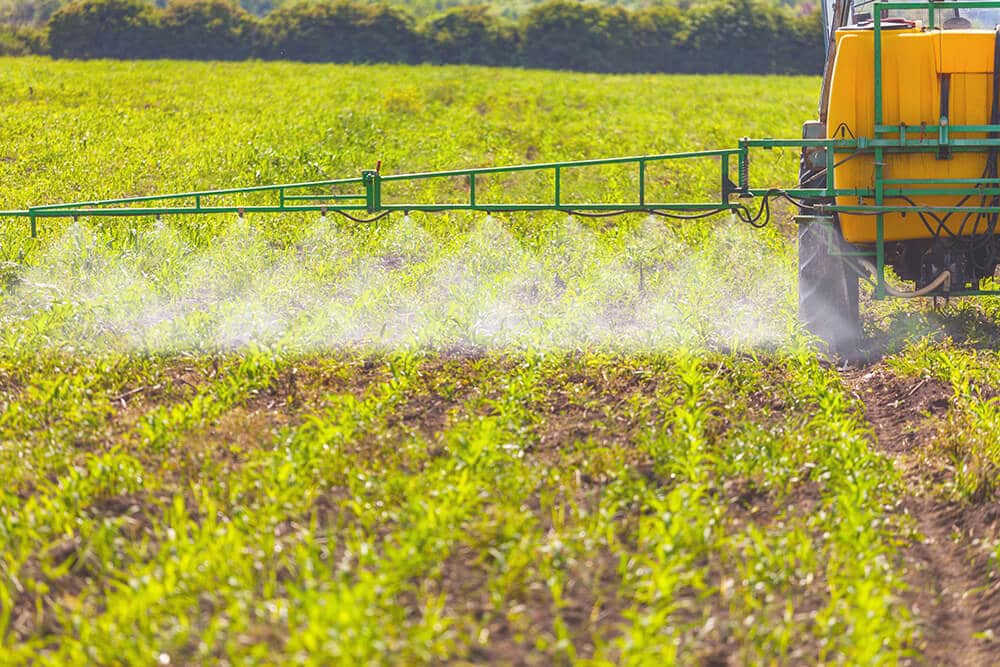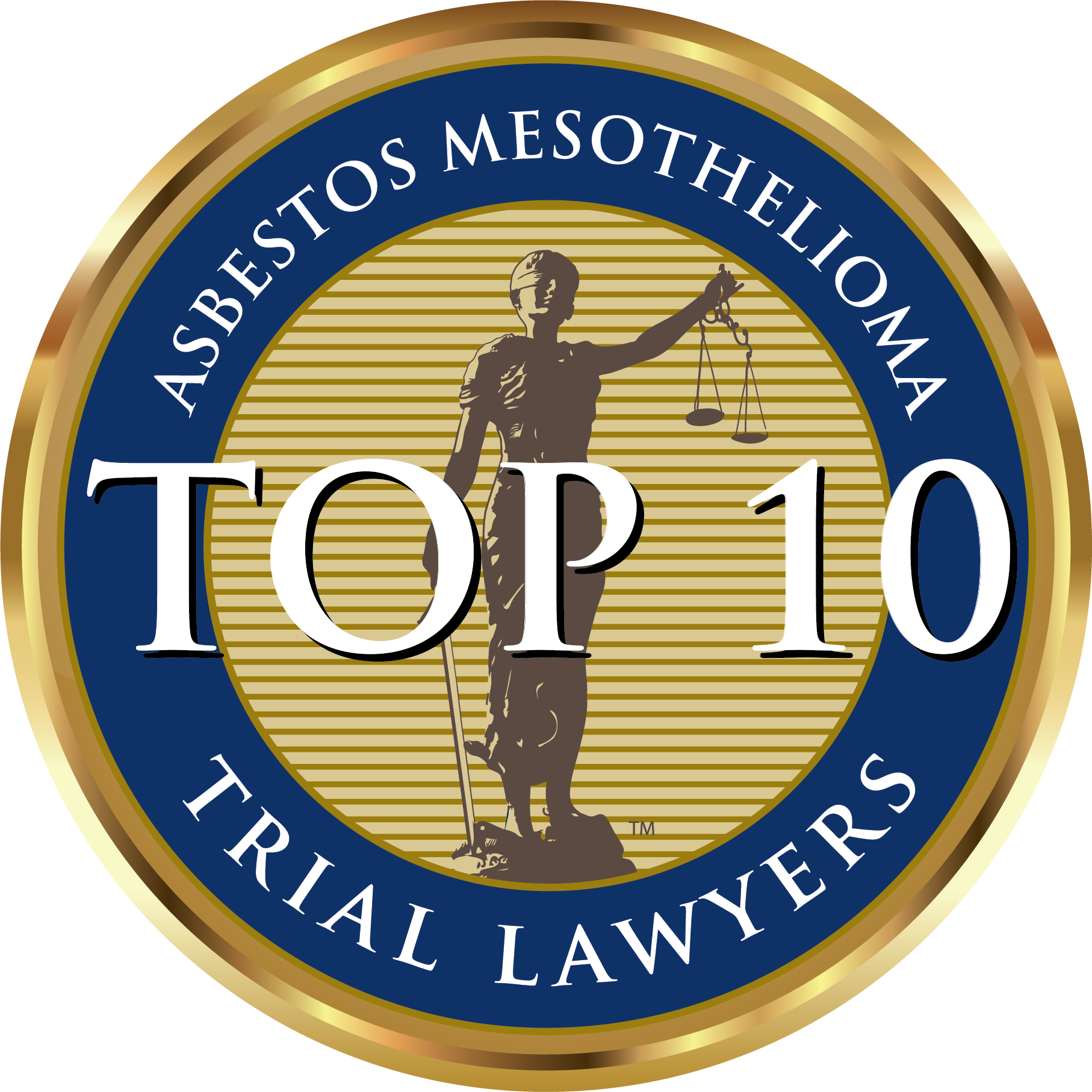
Paraquat is a toxic chemical that is used widely in the United States as an herbicide to control grass and weed growth. Because of the extremely injurious nature of this product—most notably its strong links to Parkinson’s disease—hundreds of lawsuits have been filed against agrochemical companies like Syngenta, Growmark, and Chevron. Plaintiffs have claimed that these manufacturers failed to warn consumers of the risks associated with exposure to the Paraquat contained in their products.
Over the past year, the number of people who have come forward against these manufacturing companies has continued to rise. Litigation surrounding this issue has evolved rapidly as more and more plaintiffs have shared similar stories of exposure to Paraquat, followed by a Parkinson’s diagnosis. At Frost Law Firm, PC, we are committed to remaining at the forefront of emerging Paraquat litigation news. Contact our office to speak with a Paraquat lawsuit lawyer for legal advice about your Paraquat-related case.
This article seeks to provide current information on the following topics:
- 2021 developments to date in Paraquat lawsuits
- 2021 scientific research on the health effects of Paraquat
- 2021 Environmental Protection Agency (EPA) changes to Paraquat safety measures
Current Lawsuit Status: October 2021
As of October 2021, there were nearly three hundred actions pending in the Paraquat MDL. Below is a chronological overview of the developments in Paraquat litigation in 2021.
February to March 2021 – Federal Lawsuits Filed
In February 2021, one of the first Paraquat lawsuits was filed against Paraquat manufacturers by James Hemker. Hemker claimed that his 2008 Parkinson’s diagnosis was a result of his repeated exposure to Paraquat-containing products over decades of agricultural work. His complaint alleged that the Paraquat products contained no warnings that exposure could lead to possible neurological damage. In March 2021, two federal lawsuits were filed in U.S. District Courts in California (plaintiff Paul Rakoczy) and in Illinois (plaintiff Michael Joseph Kearns). The lawsuits claimed that both men’s exposure to Paraquat led to the onset of Parkinson’s disease. Over the next few months, multiple parties would continue to file Paraquat lawsuits.
April to June 2021 – Multidistrict Litigation (MDL)
In April 2021, the law firm representing Rakoczy and Kearns filed a motion with the U.S. Judicial Panel on Multidistrict Litigation to request that Paraquat-related cases be consolidated in an MDL—a legal procedure in which multiple federal civil cases are transferred to a single court. The request argued that due to the similar and related claims about Paraquat products, cases should be assigned to a single judge. This request was aimed at speeding and simplifying a complex set of related cases.
In June, the Panel agreed to transfer all new cases and have them centralized in an MDL located in the Southern District of Illinois. The MDL was assigned to District Court Judge Nancy J. Rosenstengel. After that time, any newly-filed federal action related to damage allegedly resulting from Paraquat exposure would be handled by Judge Rosenstengel. As the number of Paraquat lawsuit filings continues to grow, new plaintiffs are required to complete and submit a Plaintiff Assessment Questionnaire (PAQ) to be submitted to the U.S. District Court for the Southern District of Illinois.
June 2021 – Trial Date Set
In June 2021, Judge Nancy Rosenstengel announced a schedule for when Paraquat lawsuits will go to trial. The jury trial is now set for November 15, 2022, with the final pretrial conference to be held October 27, 2022. Her announcement was made at an initial hearing on June 23, 2021, at which lawyers from across the country representing clients suffering from Parkinson’s disease after Paraquat exposure were present.
Emerging Scientific Research in 2021
One of the most important studies made available this year published research on prenatal exposure to Paraquat. This was the first study of its kind to determine an association between Paraquat exposure and prenatal health defects. The findings reported that when pregnant women are exposed to Paraquat, the fetus can suffer a form of neurodevelopmental deficiency which is in many ways similar to Parkinson’s disease. While the findings support earlier studies linking Paraquat and Parkinson’s disease, this 2021 publication is unique in its discovery of the effects of Paraquat that children can suffer at birth.
Also this year, two neurologists and Parkinson’s experts published a book warning of a “Parkinson’s Pandemic.” The authors claim that human-induced problems are leading to rising rates of PD in aging generations. Widespread exposure to herbicides and other toxic chemicals used in agriculture and manufacturing is a predominant factor in increasing PD case numbers—even as we are seeing decreasing rates of Alzheimer’s and other neurological conditions. The authors are highly critical of the liberal use of Paraquat in the United States, noting that this chemical is “tremendously toxic to the brain,” which is banned in China but not the U.S., and can even be detected in the milk sold in American supermarkets.
2021 EPA Safety Measure Changes
In August, 2021, the U.S. Environmental Protection Agency (EPA) released an announcement that new, stronger safety measures to reduce exposure were finalized for the pesticide Paraquat. Many groups have been calling for stronger safety measures for years, based on the chemical’s severe harmfulness. Accidental ingestion, skin-contact exposure, and inhalation of Paraquat can produce irreversible organ and tissue damage and even death. And because of its toxicity, it has been used as a means to death by suicide in an alarming number of cases.
Paraquat is currently classified by the EPA as a restricted use chemical, meaning that it can only be purchased by licensed commercial farmers. But the U.S. is far behind the parts of the world which have imposed an all-out ban. The EPA has long been under criticism for failing to outlaw the herbicide, despite the fact that over 30 nations, including the U.K. and EU, have already banned the product. Even China and Switzerland, where Syngenta is owned and headquartered, have prohibited Paraquat use in their own countries.
The 2021 EPA Paraquat safety changes, while perhaps not as rigorous as some groups hope to see, have included the following enforceable mitigations measures:
- Limit aerial applications to a maximum of 350 acres per applicator per 24-hour period
- Require a residential area drift buffer for all aerial applications
- Prohibit use of human flaggers
- Prohibit pressurized handgun and backpack sprayer application methods
- Limit the maximum application rate for alfalfa to one pound of Paraquat cation per acre
- Require enclosed cabs if area treated in 24-hour period is more than 80 acres
- Require enclosed cabs or PF10 respirators if area treated in 24-hour period is 80 acres or less
- Require a 7-day restricted entry interval (REI) for cotton desiccation
- Require a 48-hour REI for all crops and uses except cotton desiccation
- Require mandatory spray drift management label language
What We Know About Paraquat and Parkinson’s Disease (PD)
There has been public awareness of the connection between Paraquat and PD for at least ten years, since an NIH-published article in 2011 reported a positive association between the chemical and the neurological disease. In addition to immediate fatality rates of over 70% when ingested, the long-term effects of Paraquat on the human body over time are still being discovered.
More recent studies have shown that individuals who are exposed to Paraquat are up to 2.5 times more likely to develop Parkinson’s disease than the general population. The Parkinson’s Foundation recognizes the correlation between exposure to pesticides and the development of Parkinson’s disease. The New York Times has published highly-read articles on the scientifically-proven link between PD and Paraquat which is still being investigated by researchers.
If you or a loved one has been exposed to Paraquat and has been diagnosed with Parkinson’s disease, it may be in the best interest of your family to connect with a Paraquat lawsuit attorney. Lawyers across the country are currently working with clients to help them obtain the compensation needed to cover their medical expenses. At Frost Law Firm, PC, we believe that no family should bear the financial, emotional, and physical burden of a corporation’s irresponsibility.
Our lawyers are knowledgeable and experienced in complex class action lawsuits against major corporations that have negligently caused the suffering of others. We will be able to walk beside you through the process of filing a Paraquat lawsuit, and help you decide if legal action is the best option for you. To learn more, contact our office for a free consultation. You can also browse our Paraquat FAQ page to learn more.






















